Gut Instincts You Shouldn’t Ignore
The quirky urge. A funny tingle. That little voice in your head. These are your gut feelings talking. But what are they telling you, and should you listen? Here’s how to make the most of your own innate wisdom.
A few years back, two scientists at the University of Iowa conducted an experiment in which research subjects played a game of chance with four separate card decks and stacks of play money. Each card indicated whether the player had won or lost money, and the goal for the player was to draw as many cash-delivering cards as possible. What the players didn’t know is that the decks had been rigged. Two of them had been stacked so they yielded high rewards but punishing losses, while the other two offered smaller rewards and virtually no losses. It took most players about 50 cards before they started to favor the safer decks, and about 80 cards before they could explain why they did so.
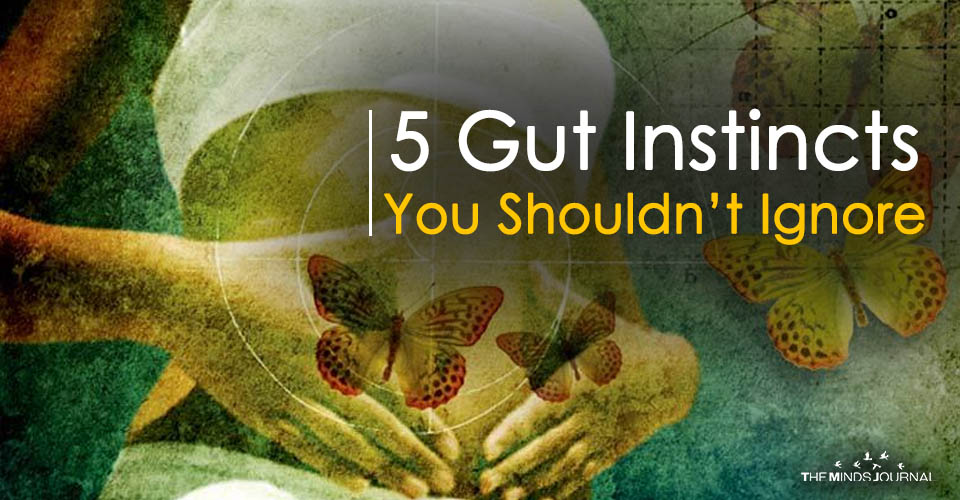
Here’s the curious part (and amateur gamblers should take note): Sensors attached to the players’ skin showed that after only 10 cards, a player’s hand would get sweaty and nervous when it reached for the risky decks. “Although the subject still had little inkling of which card piles were the most lucrative . . . [his] emotions knew which decks were dangerous,” writes Wired contributing editor Jonah Lehrer in How We Decide (Houghton Mifflin, 2009). “The subject’s feelings figured out the game first.”
Most of us have experienced the sense of knowing things before we know them, even if we can’t explain how. You hesitate at a green light and miss getting hit by a speeding truck. You decide on a whim to break your no-blind-dates policy and wind up meeting your life partner. You have a hunch that you should invest in a little online startup and it becomes Google.
If only you could tap into those insights more often, right? Turns out you can, especially if you learn to identify which signals to focus on — whether they’re sweaty palms, a funny feeling in your stomach, or a sudden and inexplicable certainty that something is up.
According to many researchers, intuition is far more material than it seems.
According to many researchers, intuition is far more material than it seems. Hope College social psychologist David Myers, Ph.D., explains that the intuitive right brain is almost always “reading” your surroundings, even when your conscious left brain is otherwise engaged. The body can register this information while the conscious mind remains blissfully unaware of what’s going on.’
Another theory suggests you can “feel” approaching events specifically because of your dopamine neurons. “The jitters of dopamine help keep track of reality, alerting us to those subtle patterns that we can’t consciously detect,” Lehrer notes.
This means if something in the environment is even slightly irregular — the speed of an approaching truck, the slightly unusual behavior of someone at a party — your brain squirts dopamine and you get that “weird” feeling. Whether you pay attention or not can make all the difference. You might meet your future spouse — or meet your maker. Those signals carry a lot of important information, so it’s wise to listen up.
Judith Orloff, Ph.D., a Los Angeles–based intuitive psychiatrist and author of Second Sight (Three Rivers Press, 2010), believes the benefits of listening to your instincts go far beyond making good on life-or-death decisions. “Living more intuitively demands that you’re in the moment,” she says, “and that makes for a more passionate life.”
But she also notes that gut instincts are far from infallible. The right brain’s skill with pattern identification can trigger suspicions of unfamiliar (but not dangerous) things, or cause you to be especially reactive to people who simply remind you of someone else.
So how do you choose which gut feelings to trust? Orloff suggests that it’s a matter of “combining the linear mind and intuition,” and striking the right balance between gut instinct and rational thinking. Once you’ve noticed an intuitive hit, she says, you can engage your rational mind to weigh your choices and decide how best to act on them.
Read 7 Common Gut Instincts You Should ALWAYS Listen To
To that end, here are five gut feelings that Orloff and other experts recommend you pay attention to — and some reasons why you’ll be glad you did.
“SOMETHING FEELS WRONG IN MY BODY.”
Listening to your body’s subtle signals is a critical part of exercising your intuitive sense, says Orloff, who also trains UCLA medical students and psychiatric residents to use intuition when treating patients.
“Intuition allows you to get the first warning signs when anything is off in your body so that you can address it. If you have a gut feeling about your body — that something is toxic, weak, or off — listen to it.
“Your body is a powerful intuitive communicator,” she explains in Second Sight. “Intuition allows you to get the first warning signs when anything is off in your body so that you can address it. If you have a gut feeling about your body — that something is toxic, weak, or ‘off’ — listen to it. Go and get it worked up.” She’s seen too many people ignore their sense that something isn’t right with their bodies, and subsequently find that small problems have become big ones.
Physical symptoms can also have symbolic value. “If you’re around somebody and your energy goes down, that’s an intuition not to ignore,” Orloff says. Sudden sleepiness can mean that you’re in the presence of an energy-draining person or circumstance; it can be your body’s way of communicating that these conditions are taking more energy than they give. If you stay in a situation that makes you feel instantly depleted (like taking a job after you left the interview feeling exhausted), it can easily lead to a situation where you become depressed, anxious and — not surprisingly — stuck.
Ronald A. Alexander, Ph.D., a psychologist, mindfulness expert, leadership consultant, and director of the Open Mind Training Institute in Santa Monica, Calif., also recommends paying close attention to any sudden physical sensations you experience during the course of an interaction. He tells a story of traveling in India where he decided not to get in a cab because of a “burning sensation” in his gut, and he later saw the driver being arrested in the train station for suspected robbery. He says he typically feels intuitions in his chest or his stomach; the latter is relatively common given that the intestines house the enteric nervous system, sometimes called the “second brain.”
“That second brain really is the intuitive brain,” Alexander explains, and he recommends that when it speaks, you listen.
“I’m IN DANGER.”
Jackie Larsen was leaving her Grand Marais, Minn., prayer-group meeting on an April morning in 2001 when a clean-cut young man named Christopher Bono approached her, asking for help. He told her that he was on his way to meet friends in Thunder Bay, and his car had broken down. During their brief conversation, she got a visceral feeling that something was wrong, accompanied by a sharp pain in her stomach. She sent Bono inside to talk to the pastor of the church and called the police to have them trace his Illinois license plates. It turned out he was the prime suspect in a gruesome crime and was fleeing the scene.
Larsen’s brain had likely detected subtle irregularities in Bono’s behavior. “Mere ‘thin-slices’ of someone’s behavior can reveal much,” writes Myers, who relates Larsen’s story in his book Intuition: Its Powers and Perils (Yale University Press, 2002). His understanding of this capacity is more socio-historical than neuroscientific; he believes that the feeling you get about a person in the first 10 seconds expresses “ancient biological wisdom.” Early humans who could speedily detect whether a stranger was friend or foe was more likely to survive, he says, and they would create descendants who were able to read emotional signals in another person’s face almost instantly.
Of course, the human capacity to “thin-slice” can go badly awry, as it did in the 1999 fatal police shooting of Amadou Diallo in New York City. Police fired when they thought the young Guinean man was reaching for a weapon, but he was actually unarmed and digging in his pocket for his identification.
Because social conditioning helps to create unconscious beliefs, and these beliefs can produce first impressions and snap decisions that are utterly flawed, Orloff suggests that it’s important to check your gut feelings against your rational mind whenever possible. And there are simple ways you can attend to what feels like a warning signal in the short term, she says.
“If you don’t trust somebody, even if it turns out to be inaccurate, it is something to pay attention to,” she explains. “If you’re walking down the street at night and you get the feeling ‘stay away from that person,’ just cross the street.”
“I WANT TO HELP.”
While you might think of our gut instincts as something we’ve maintained mostly to avoid danger, the human species has evolved an equally powerful capacity to sense when our fellow beings need support. “Sympathy is one of humanity’s most basic instincts, which is why evolution lavished so much attention on the parts of the brain that help us think about what other people are feeling,” notes Lehrer.
Sympathy is one of humanity’s most basic instincts, which is why evolution lavished so much attention on the parts of the brain that help us think about what other people are feeling.
Since evolution has made you a quick read of other faces and their emotional signals, you don’t always need to wait for a verbalized cue before you reach out. The sympathy instinct nudges you to change the subject when wedding talk makes a newly divorced colleague cringe or to start up a conversation with a nervous seatmate during an airplane landing — subtle gestures that can make a big difference in someone’s day. The capacity to empathetically identify with other faces can even be what compels you to donate money after a natural disaster. Studies of humanitarian relief efforts show that people are markedly more compelled to give after seeing a photo of an individual in need than after reading statistics about damage.
Finally, this ability to “read” other faces isn’t just good for those you help. One recent brain-imaging study suggests that generosity makes the pleasure centers in the brain light up like the Las Vegas Strip. When participants were given $128 of hard cash along with the choice to keep it or donate it to charity, the reward centers of those who chose to donate went wild.
One recent brain-imaging study suggests that generosity makes the pleasure centers in the brain light up like the Las Vegas Strip.
Multiple studies have also demonstrated a phenomenon known as the “helper’s high,” which causes individuals to aid others to experience improvements in mood, immunity, and overall well-being. That’s why following your instincts for sympathy and generosity generally turns out to be a good investment in your own health and happiness, too.
“I KNOW HOW TO DO THIS.”
Basketball announcers can be merciless when otherwise talented players choke at the free-throw line, but most of us can identify with the player’s sense of panic. You might have a well-developed yoga practice with one pose that still stumps you. Or maybe you’re a stellar driver who forgets how to parallel park whenever your intimidating sister-in-law is in the car. Or you’re a great cook who botches your favorite dish each time you make it for guests. In situations like these, the can-do instinct you’ve developed through years of experience is being drowned out by an onslaught of overthinking.
“Choking [among athletes] is a vivid example of the havoc that can be caused by too much thought,” Lehrer points out. “Such deliberate thought processes interfere with the trained movements of their muscles.”
He cites a study at the University of Chicago showing that, while novice golfers did better when they thought carefully about their putts, the performance of more experienced golfers got much worse when they reflected on what they were doing.
Rational thought served the beginners, it turned out because they were still developing muscle memory and technique. But for those players who had already integrated all that information, instinct naturally took over — and did a far better job. Overriding instincts and neural patterning in favor of logical thought absolutely destroyed their performance.
“Once you’ve developed expertise in a particular area — once you’ve made the requisite mistakes — it’s important to trust your emotions when making decisions in that domain,” Lehrer insists. If you know you can do it, trust your gut — not your head.
Next time you’re tempted to think too much about something you know how to do, try a little therapeutic distraction. Say the alphabet backward when your yoga teacher orders you into the dreaded handstand, or sing a favorite song to yourself at the free-throw line. Briefly engaging your conscious mind with something other than the task at hand can leave your instincts free to do their job — and free you to enjoy the satisfaction all that practice has made possible.
“THIS IS IT!”
Most people have a great “I just knew it was right” story. It might be about the time they first spotted their sweetheart or crossed the threshold of their first house or figured out they wanted to switch careers. There’s a reason most of us have memorable stories about the biggest and best decisions we make in life, says Orloff — they’re typically remarkable for their lack of cognitive heavy lifting.
When your intuition signals that you’ve found something or someone truly right for you, the choice often becomes strangely easy.
When your intuition signals that you’ve found something or someone truly right for you, the choice often becomes strangely easy. “It feels healthy; it feels good; it doesn’t feel like you’re forcing it, there’s not a lot of conflicts,” she says.
Lehrer agrees that when you’re poised to make a big decision with lasting repercussions, like choosing your life partner, you’re best off deciding from the gut. Based on the bulk of his research into the cognitive mechanisms of decision-making, he actually recommends that you “think less about those choices that you care a lot about.”
According to Lehrer, the rational mind is really suited only to limit concrete choices, like deciding between two brands of car insurance. In situations where there are just a couple of relevant factors involved, the prefrontal cortex can weigh the comparative rewards of each and yield an excellent result. But there are so many factors involved in a complex decision like, say, buying a house, that the limited space in the prefrontal cortex gets overwhelmed. In that state, it becomes the wrong part of the brain for the job.
Several studies support the wisdom of emotional decision-making in the realm of big choices. Lehrer cites one conducted at the University of Amsterdam that simulated the experience of buying a car, providing research subjects with overwhelming amounts of detailed information. Some car buyers were briefly distracted, then left to choose quickly and with their emotions. Follow-up surveys revealed that they selected the most satisfying car 60 percent of the time. Other subjects who had more uninterrupted time in which to choose were pleased with their decision less than 25 percent of the time — worse even than random chance.
In another study, the same Dutch researchers shadowed shoppers at IKEA, observing their shopping behaviors. Later interviews indicated that those who spent less time making their choices ended up more satisfied overall. Choosing a couch and choosing a spouse are decidedly different acts, to be sure, but both tend to provoke the kind of agonized overthinking that leads to poor choices. Using your intuitive brain in these situations, on the other hand, will almost always point you toward a lasting fulfillment.
Of all the reasons to use your gut instincts to make big decisions, this may be the best: It leads to the choices that are most fully satisfying — decisions that can improve the quality of your life.
It allows you to find relationships that resonate for you, instead of what looks good on paper,” Orloff says. “It allows you to connect with people on a heart level, it allows you to deeply experience life instead of just letting it wash over you, and it allows you to be really smart about how you make your decisions.”
Written by By Courtney Helgoe
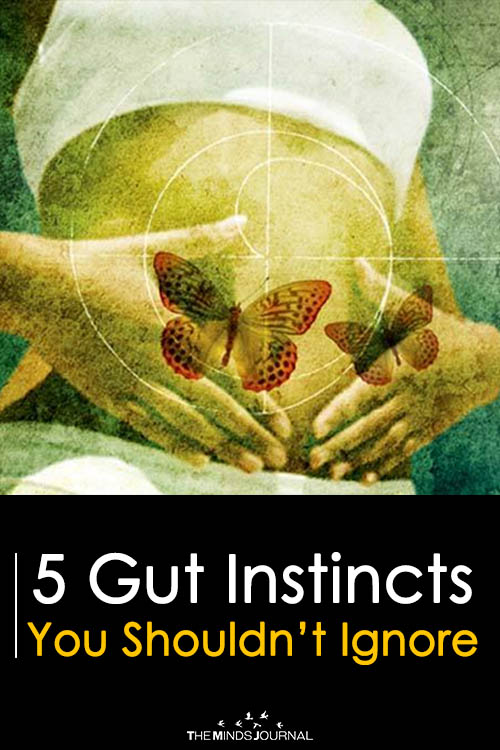
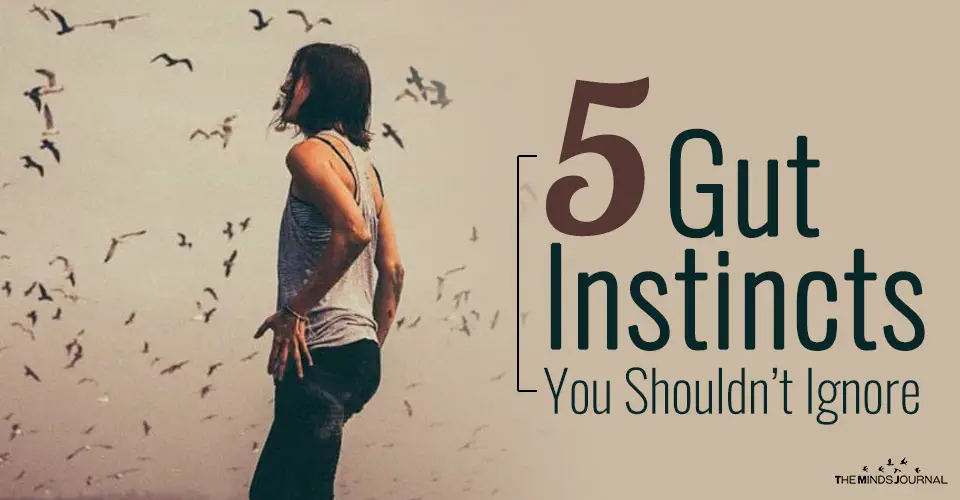
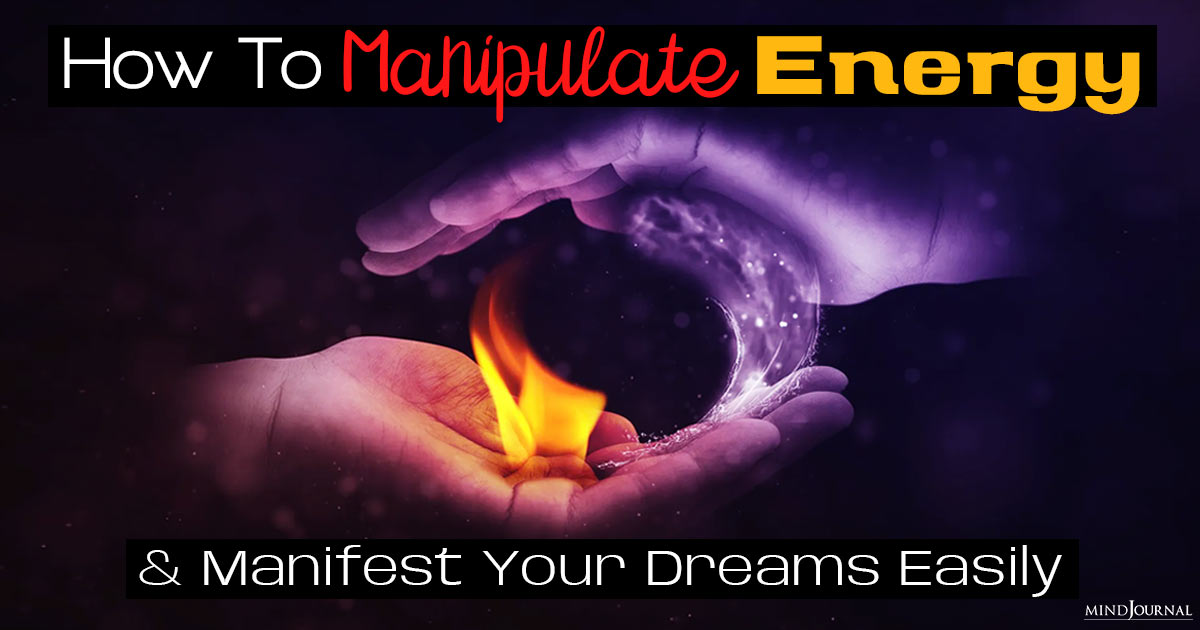
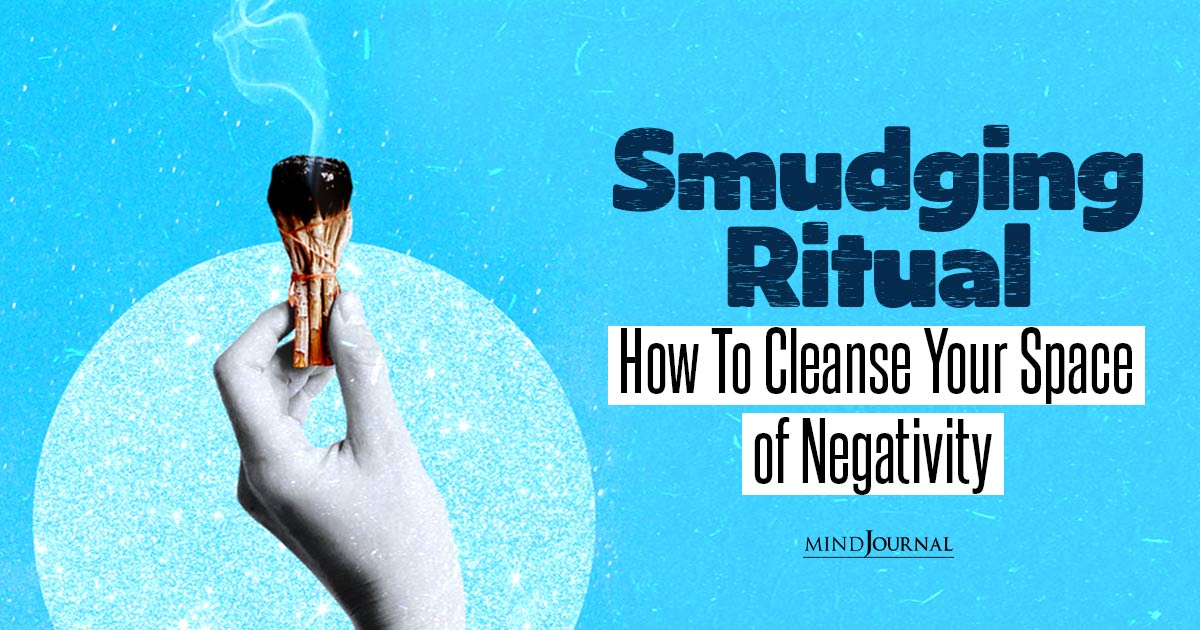
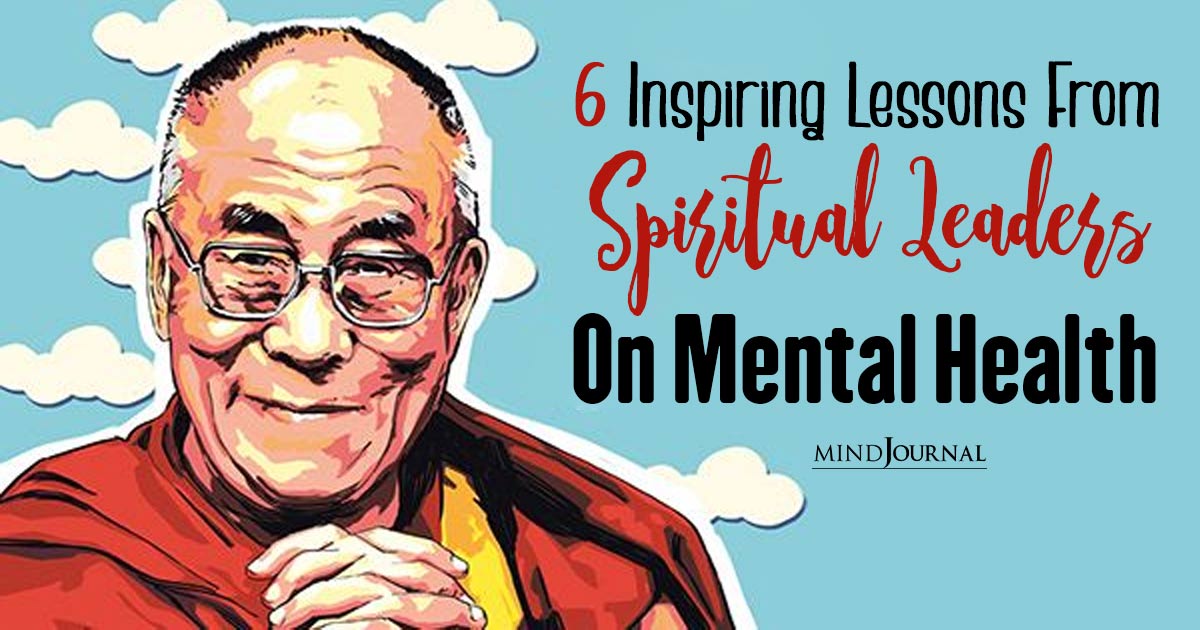


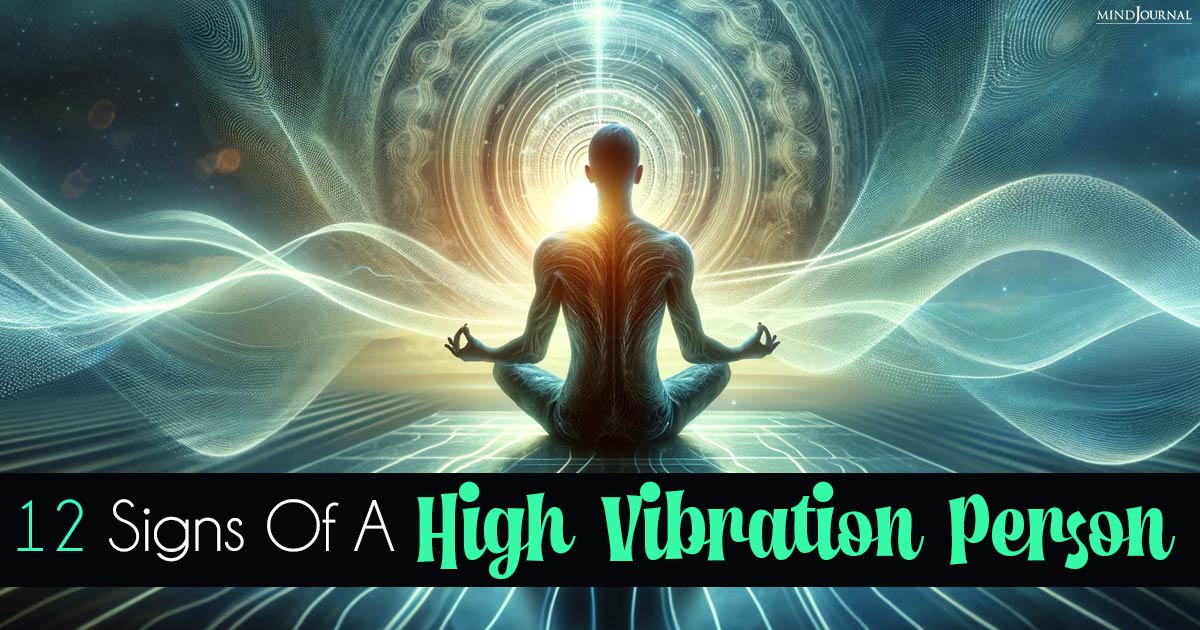

Leave a Reply
You must be logged in to post a comment.